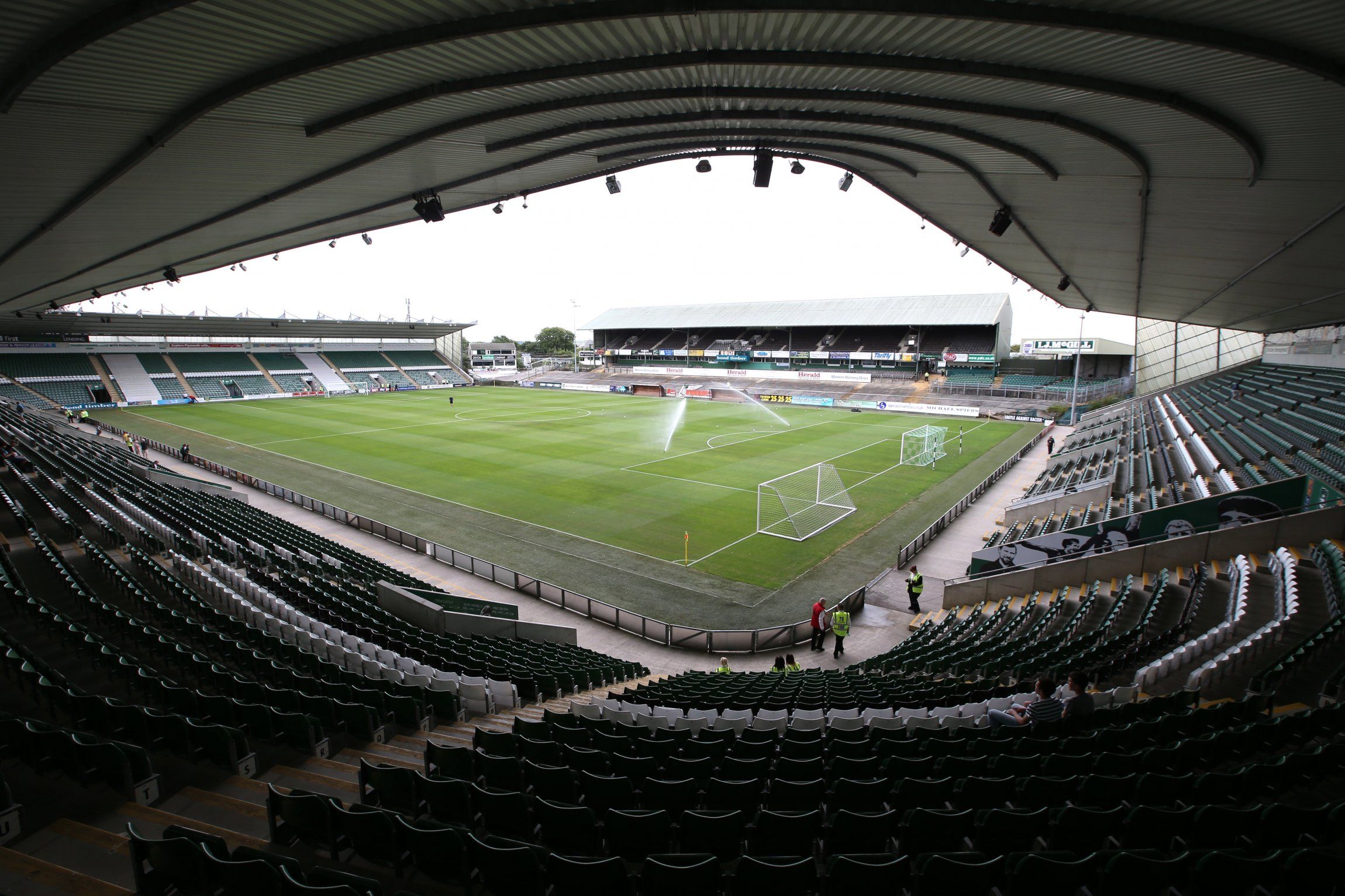Key information about Home Park
The new and redeveloped Home Park was built in 2001 and is now, fittingly, the home of Plymouth Argyle. The ground is located in the Milehouse area of the city, next to Central Park, and is also known as the Theatre of Greens with green fields and parklands on three sides of the stadium.
Its current capacity stands at 17,150 and the pitch measures 106m by 68m. It also has no running track nor undersoil heating and the surface is covered with fibrelastic rootzone grass.
The stadium's record attendance was set back in 1936 with 43,596 supporters watching the home side’s Second Division clash versus Aston Villa.
A history of Home Park
Even though the newest and present version of Home Park dates back to 2001, the stadium was indeed used much earlier than that. Originally, it was the home of the now-defunct Devonport Albion rugby team between 1893 and 1898 but following their departure after a dispute with the owner, the stadium would not be used for three long years.
In 1901, Argyle Athletic Club would settle into the Theater of Greens after obtaining the lease and even though they wanted it to be used for athletics, the lease owners preferred football and staged various trials with Argyle Football Club, eventually gathering a much larger crowd and going into a completely different direction to what was first envisioned.
In 1903, the club changed its name into Plymouth Argyle and became a professional side that very year. Their first competitive match staged at Home Park was against Northampton Town on 5 September 1903 with a crowd of 4,438. At first, it was a very basic ground with only 2,000 places officially available on nothing more than one wooden grandstand with the other three sides of the stadium surrounded by slag heap banking with a waist-high fence.
However, things started to change in the 1920s when the club joined the Football League - the wooden structures were replaced with larger and more modern stands and concrete terracing was also added on the other three sides. They also added a roof and the new stand would also house the dressing rooms and club offices. With more and more people flocking in, they finally recorded their highest attendance ever in 1936 when Plymouth Argyle welcomed Aston Villa in front of 43,596 people.
And then, World War II hit and following heavy bombing, the stadium had to be rebuilt in the post-war era with several drastic changes taking place. Some of those included the erection of a new Grandstand, floodlights, new roof and the increase in capacity over the years with more seats constructed. In the 1990s, the stadium was largely unchanged but at the turn of the millennium, it would experience modernisation once again.
Even though they had plans to move to an entirely new stadium, that idea was abandoned and instead, they set about completely revamping Home Park. That new plan was announced in 2000 and would be carried out in two phases, only first of which was completed in the end and it involved the redevelopment of Devonport End, Lyndhurst Stand, and Barn Park End.
In 2006, they finally purchased the land and became sole owners and the following year, Home Park was converted into an all-seater. Three more projects followed suit in the next months - the Mayflower Terrace was replaced with a temporary, unreserved seating that had a capacity of 3,500, a new public address system was installed, and the stadium's last iconic floodlight towers were dismantled after 54 years of service.
More improvements were on the way in recent years but nothing too big apart from the redevelopment of the Grandstand in 2018 and a new supporter’s’ bar being erected in place of the old one which was called 'Far Post Club'. The club store façade was also given a new look in October 2019.
Tickets to watch Plymouth Argyle at Home Park
All tickets to watch Plymouth Argyle at Home Park can be found on the club’s official website. The price varies and they offer three different categories: Gold, silver and bronze. The most expensive adult ticket in the Gold category costs £20.
You also have the option of purchasing a season ticket and signing up for their membership, both of which come with certain benefits over the course of a season.
Related links
https://www.pafc.co.uk/ - Official website of Plymouth Argyle

